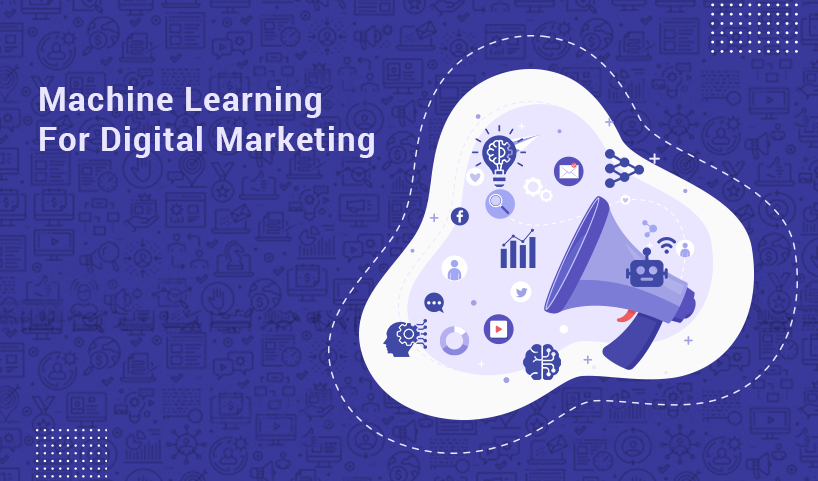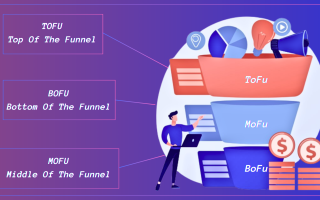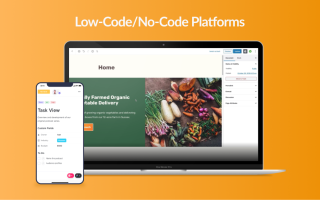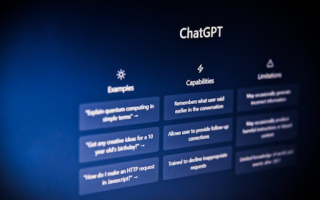Digital marketing has evolved a lot in the last two decades with technological progress. From mundane and repetitive tasks to automation is the result of the continuous enhancements in technologies. The introduction of machine learning technology has completely changed the game with the creation of intelligent digital marketing strategies connecting the dots that are beyond human capabilities.
ML technology has helped brands to fill the gap and easily travel the journey from good to great using algorithms. That’s why brands are heavily investing time, effort, and resources in ML technology. The increasing marketing size of ML-based chatbot tools that’s projected to grow to $1.25 billion by 2025 gives a clear view of the ML technology leverage.
Let’s take a glimpse of Machine Learning usage in digital marketing and how it transforms digital marketing to bring the best outcomes.
Table of Contents
7 ways Machine Learning Technology Revolutionizes Digital Marketing
Machine learning has become a powerful tool in the field of digital marketing. It enables businesses to make data-driven decisions, enhance user experiences, and optimize campaigns. Here are seven ways to utilize machine learning in digital marketing:
Personalized Content and Recommendations
Machine learning algorithms analyze user behavior and preferences to deliver personalized content, product recommendations, and targeted ads following a specific approach.
Data is collected about user behavior, such as browsing history, search queries, clicks, purchases, and demographic information. This data forms the basis for understanding user preferences and patterns. Thereafter user profiles are created for user segmentation followed by content segmentation and customization.
Based on user interactions, including the number of clicks, time spent on pages, products viewed, and interactions, the ML algorithms analyze them in real-time and provide tailored recommendations.
For instance, Amazon works wonderfully in providing personalized content and recommendations to users leveraging ML technology.
See also: Top 8 AI Tools to Write Optimized Content in 2023
Predictive Analytics for Customer Behavior
Analytics is one of the important digital marketing services, which is a cardinal aspect of online marketing that no marketing team can afford to ignore.
Machine learning models collect and analyze data such as website interactions, email responses, and social engagement to predict customer behavior patterns, such as purchase likelihood, churn probability, click-through rates, and more. This enables businesses to take proactive actions to reduce churn, retain customers, and optimize marketing strategies.
The predictive models assign scores to the leads based on their likelihood and conversion so that the sales team can reach out to the leads accordingly.
For example, Netflix uses predictive analytics to recommend movies and shows to users based on their viewing history.
Chatbots and Virtual Assistants
Natural language processing (NLP) algorithms can power chatbots and virtual assistants that interact with customers in real-time. These AI-powered tools provide instant support, improve customer engagement to generate leads, assist users in order processing, deliver personalized content, gain feedback through surveys, and more.
It helps businesses enable 24/7 availability, and ensure scalability (timely response despite handling multiple conversations), task automation without human intervention, and consistent interactions.
For example, the Facebook messenger bot helps with customer support, ordering, and engagement.
Sentiment Analysis and Social Listening
Social media posts, reviews, and comments are analyzed to determine public sentiment and track brand perception. With text preprocessing, irrelevant information is removed and then sentiment labels are assigned to the user category.
Social listening involves monitoring and analyzing social media conversations and mentions related to a brand, product, or industry. Sentiment analysis helps identify positive and negative sentiments in these conversations. This information helps adjust marketing strategies and address customer concerns.
For instance, Twitter sentiment analysis helps analyze tweets related to a brand to gauge public sentiment. Digital marketing on the Twitter platform can benefit from real-time insights and data-driven decision-making.
See also: How Google Ads Are Best for Affiliate Marketing?
Segmentation and Targeting
Segmentation and targeting are essential components of digital marketing that leverage machine learning to divide audiences into distinct groups based on shared characteristics. This allows digital marketers to tailor their strategies to specific segments, leading to more relevant and effective marketing campaigns.
Targeted campaigns ensure messages resonate with specific customer groups. Segmented strategies provide more personalized experiences, enhancing customer satisfaction, which ultimately maximizes conversion. A good example is from airline industry where airline segments travelers based on travel frequency and destination preferences to offer personalized travel deals.
For example, Coca-Cola launched a marketing campaign based on ML-powered segmentation and targeting with the help of machine learning engineers that doubled up their conversions.
Ad Campaign Optimization
Generic ad targeting campaigns won’t work effectively and fail to bring expected results. It requires targeting ads to specific segments of users based on their interests, behavior, and demographics. Machine learning helps in optimizing ad campaigns by analyzing data in real-time and adjusting bidding strategies, ad placements, and targeting to achieve the best results within budgets.
Uber is the best example of ad campaign optimization using machine learning technology. The brand analyzes the travel and location history of the users to create and send personalized ads for every user. It has helped brands to use Uber services repetitively and increase their engagement rates.
Email Marketing Optimization
Gone are the days when businesses succeeded in making users open the email and perform the intended actions. Nowadays, users’ email inbox is flooded with hundreds of emails, which makes it essential for brands to tweak their email marketing strategy. 90% of users open the personalized emails only.
Machine learning algorithms help in creating and optimizing personalized email campaigns. The ML-based email campaigns analyze user behavior and engagement patterns to determine the best timing, subject lines, and content for email marketing campaigns. It helps in increasing click-through rates and improves open rates and conversion.
Spotify uses ML-powered email marketing campaigns to send recommendations for playlists at a specific time. It involves monitoring and analyzing users’ listening habits, which are then sent to users at specific times.
See also: How Companies Are Leveraging Artificial Intelligence in Marketing and Advertising
Conclusion
Machine learning is continuously improving and transforming the digital marketing space with more innovations. Leading players have gained immense success after trying hands with machine learning technology leverage. ML technology has helped brands launch personalized marketing campaigns, predictive analytics, customer segmentation, email marketing optimization, ad campaign optimization, and more.
Don’t hang fire! Start using the power of machine learning technology and experiment to take digital marketing efforts up a notch. If unsure about using machine learning technology distinctively, partner with a digital marketing company that aid you in knowing how ML-based campaigns will help you.
See also: SEO vs SEM: Which is Right for Your Business?



